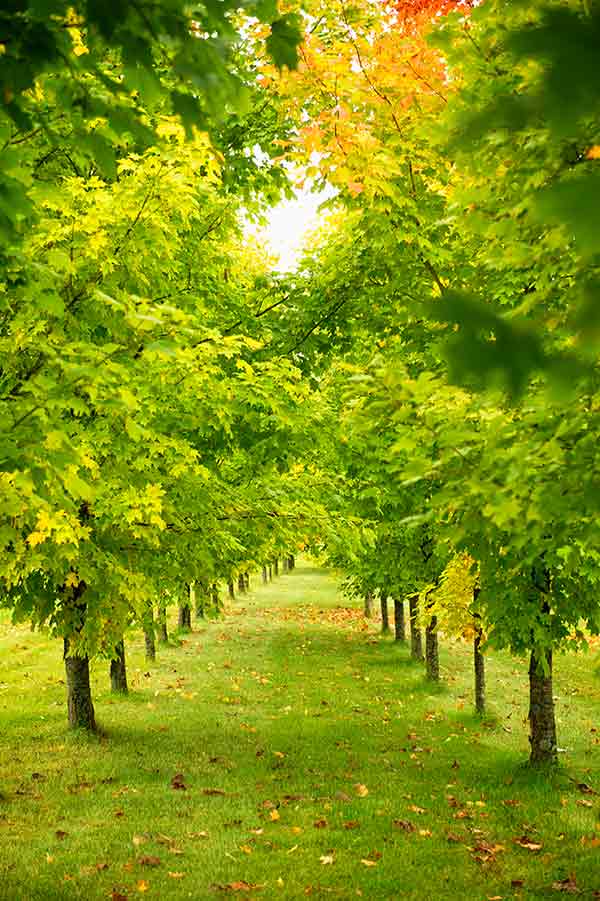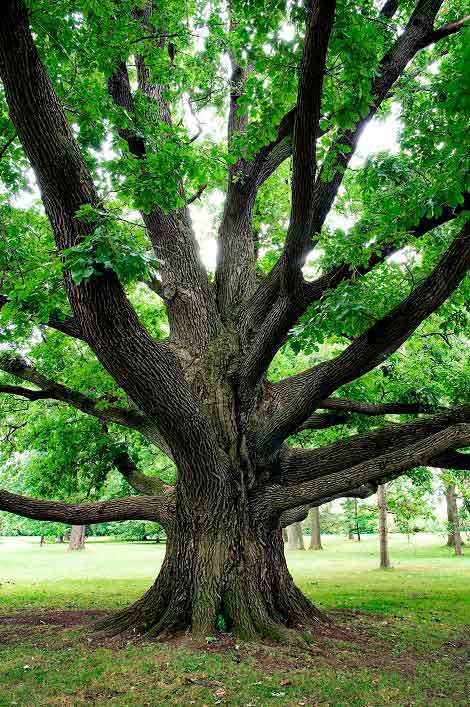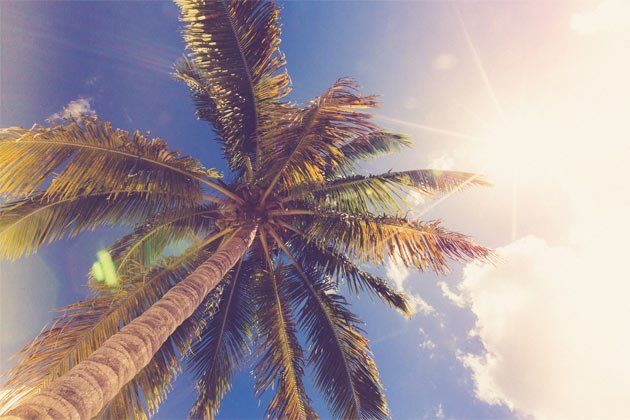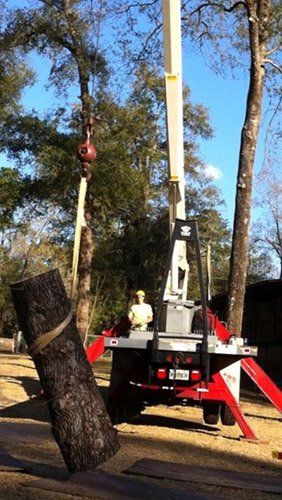PROTECT YOUR BACKYARD CITRUS TREES FROM CITRUS GREENING
- By Anonymous
- •
- 08 Sep, 2017
- •

Invasive citrus diseases are sweeping through Florida's commercial orchards, but they can also stunt the trees in your backyard. Of these, perhaps the most devastating is citrus greening, also known as Huanglongbing or HLB. If you are adding new citrus trees to your property or already have established trees, protect your investment and avoid HLB through these five tests.
KNOW THE RISK OF INVASIVE CITRUS DISEASES
As the world grows more and more connected, ideas, goods and people are not the only travelers. Plants, animals and illnesses can spread across the globe, so long as they adapt to their new environments. One of these invaders is the Asian citrus psyllid, a small winged insect that resembles a mottled brown leaf.
The tiny bugs carry a species of bacteria that gradually kills its host by weakening its vascular system. They can be spotted by the white, waxy strings they leave on leaves and branches. Early symptoms of the disease include leaves with green and yellow patches. Fruits will be small, sour and green. You may also notice that your trees fail to put on new growth as normal. Over time, the tree continues to weaken until it dies.
TRACK THE SPREAD OF ASIAN CITRUS PSYLLIDS
State and local governments have paid considerable attention to citrus greening and its spread. This is not surprising, given its potential economic impact. As a property owner, you can use the information they collect to monitor the presence of citrus psyllids in your area. If you live in a high-risk area, you must be especially cautious in managing your trees.
As the owner of backyard citrus trees, you can help slow the spread of HLB and save livelihoods in the process. Check your trees regularly for signs of infestation. Even if you no longer harvest fruit from your trees, removing infected plants can spare your neighbors from serious economic losses. Hiring a tree service to prune and inspect the trees on your property once or twice a year can catch the presence of psyllids before all of your trees are compromised.
SOURCE NEW TREES RESPONSIBLY
If you have established citrus trees on your property, all you can do is work to shield them from the psyllids until the condition can be managed. You may, on the other hand, look to add new fruit trees to your property. Watch for strains and fruits that have shown resistance to citrus greening. Sweet oranges and grapefruits are especially vulnerable to the illness and should be avoided in high-risk areas.
EXPLORE TREATMENT OPTIONS FOR INFECTED TREES
Currently, citrus greening treatments are more promising than practical. Antibiotic injections, for example, have found some success among commercial operations, but they are not widely available. Because this problem is being actively researched and developed, new treatments may enter the market at any time. Contact your tree service or local cooperative extension to learn about your options and the latest breakthroughs.
REMOVE INFECTED TREES TO START AGAIN
Unfortunately, most of the trees currently infected with HLB will not recover. Once fruit production declines, the trees only serve as a staging ground to spread the illness further. In these cases, your best option is to remove the trees and plant new ones. You should treat your soil for the psyllids between removal and replanting.
At Robert's Tree Service Inc., we are dedicated to protecting both the residential and commercial citrus groves of Florida. Our trained technicians can help you identify citrus greening early. Through aggressive management and regular care, you can minimize your losses and increase your chances of success with future harvests. Contact us today to schedule a professional evaluation of the citrus trees on your property.
CONTACT INFORMATION






HOURS OF OPERATION
- Sunday
- Closed
- Mon - Sat
- Open 24 Hours
BROWSE OUR WEBSITE
CONTACT INFORMATION






HOURS OF OPERATION
- Sunday
- Closed
- Mon - Sat
- Open 24 Hours



